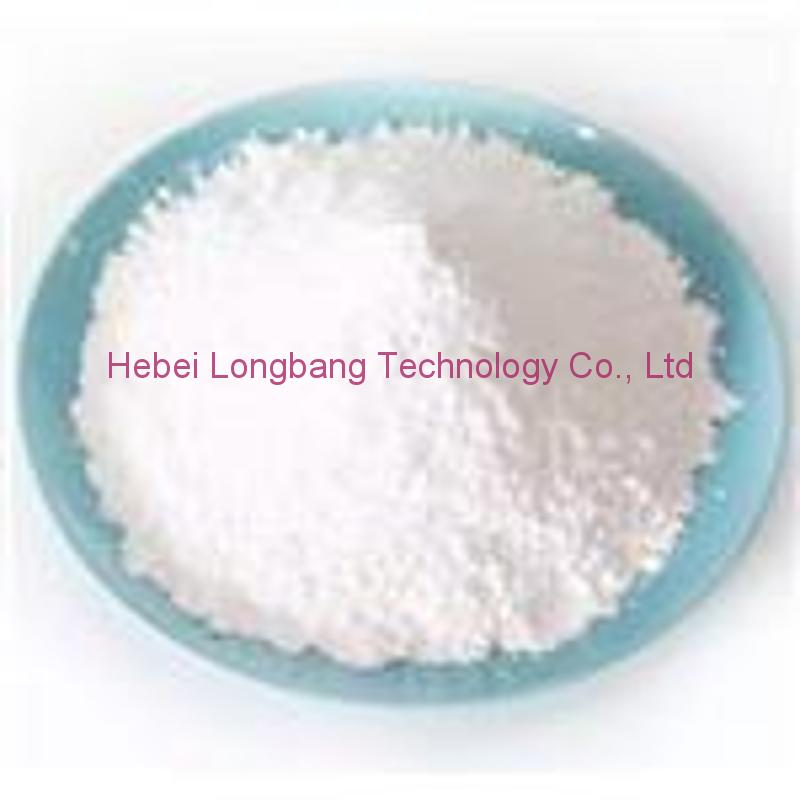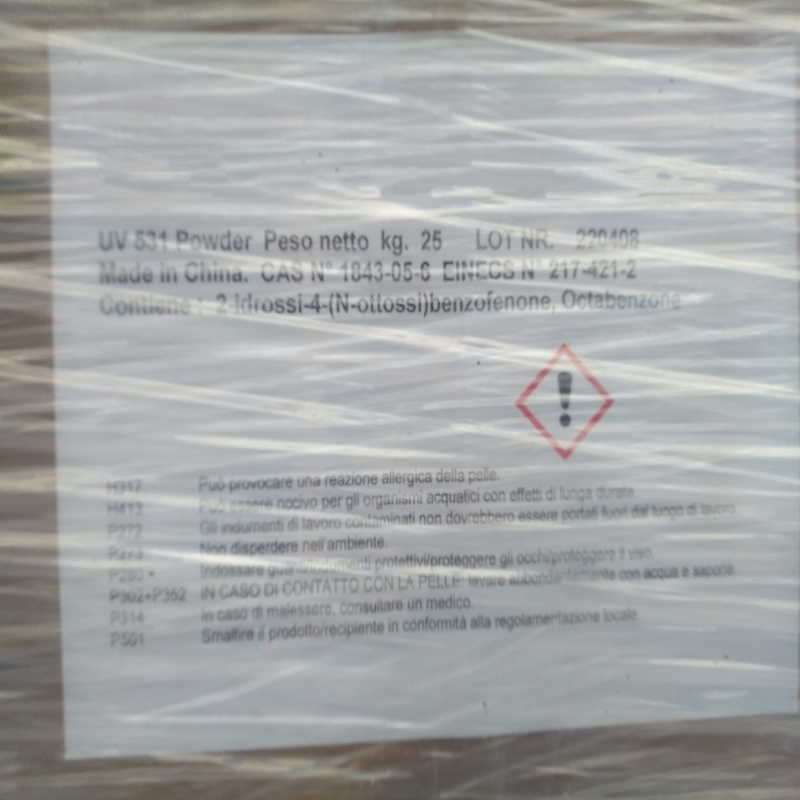-
Categories
-
Pharmaceutical Intermediates
-
Active Pharmaceutical Ingredients
-
Food Additives
- Industrial Coatings
- Agrochemicals
- Dyes and Pigments
- Surfactant
- Flavors and Fragrances
- Chemical Reagents
- Catalyst and Auxiliary
- Natural Products
- Inorganic Chemistry
-
Organic Chemistry
-
Biochemical Engineering
- Analytical Chemistry
-
Cosmetic Ingredient
- Water Treatment Chemical
-
Pharmaceutical Intermediates
Promotion
ECHEMI Mall
Wholesale
Weekly Price
Exhibition
News
-
Trade Service
According to the Smart Building Market report, Markets and Markets, the world's second largest market, the global smart building market size is expected to grow from $60.
7 billion in 2019 to $105.
8 billion by 2024, at a compound annual growth rate (CAGR) of 11.
7%
during the forecast period.
According to the report, the main drivers for smart buildings include the increasing adoption of IoT-enabled building management systems, increased awareness of space utilization, and improved industry standards and regulations
.
From a solution perspective, security and emergency management solutions are expected to lead the smart building market
in 2019.
Among them, IoT consulting services help to improve an organization's business processes and are used to develop different strategies, develop use cases, plan roadmaps, evaluate technologies, and build IoT architectures
.
An IoT consulting service provider ensures the development and implementation
of appropriate IoT applications and architectures in your organization.
They guide companies in creating new IoT infrastructures to enhance their existing systems
.
Providers of IoT consulting services can also help non-IT companies that lack expertise understand IoT technologies
.
From an industry perspective, the industrial construction sector is expected to grow
at the fastest rate during the forecast period.
Smart industrial building solutions enable more efficient property management
by automating temperature control, security, and maintenance of buildings through a variety of mobile computing devices, such as mobile devices and computers.
From the perspective of the regional market, North America will lead the smart buildings market
during the forecast period.
The growth of the North American market can be attributed to the region witnessing the emergence of the latest smart building solutions that utilize new technologies such as IoT, big data, cloud computing, data analytics, deep learning, and artificial intelligence to save costs, as well as energy, reduce operating expenses, improve occupant comfort, and meet increasingly stringent global regulations and sustainability standards
.
The United States and Canada are outstanding countries
that have contributed to technological development in the region.
For example, U.
S.
organizations are investing heavily in smart building initiatives, including building control and building systems integration, to leverage energy efficiency and energy storage and provide smarter, safer, and more sustainable buildings, while the Canadian government is taking initiatives to support Canada's commitment to protect the environment and its resources
by making federal buildings more energy efficient, reducing greenhouse gas emissions, and advancing the development of smart buildings.
From the perspective of suppliers, Honeywell (US), Johnson Controls (US), Cisco (US), Hitachi (Japan), Siemens (Germany), IBM (US), Schneider Electric (Germany), Intel (US), Huawei (China), ABB (Switzerland), L&T Technical Services (India), 75F (US), Telit (Switzerland), Pointgrab (Israel), LogicLadder (India), Spacewell (Belgium), PTC (United States), Avenet (United States), Softdell (United States), Spaceti (Czech Republic), etc.
will become the world's leading intelligent building solution providers
.
According to the Smart Building Market report, Markets and Markets, the world's second largest market, the global smart building market size is expected to grow from $60.
7 billion in 2019 to $105.
8 billion by 2024, at a compound annual growth rate (CAGR) of 11.
7%
during the forecast period.
According to the report, the main drivers for smart buildings include the increasing adoption of IoT-enabled building management systems, increased awareness of space utilization, and improved industry standards and regulations
.
From a solution perspective, security and emergency management solutions are expected to lead the smart building market
in 2019.
Among them, IoT consulting services help to improve an organization's business processes and are used to develop different strategies, develop use cases, plan roadmaps, evaluate technologies, and build IoT architectures
.
An IoT consulting service provider ensures the development and implementation
of appropriate IoT applications and architectures in your organization.
They guide companies in creating new IoT infrastructures to enhance their existing systems
.
Providers of IoT consulting services can also help non-IT companies that lack expertise understand IoT technologies
.
From an industry perspective, the industrial construction sector is expected to grow
at the fastest rate during the forecast period.
Smart industrial building solutions enable more efficient property management
by automating temperature control, security, and maintenance of buildings through a variety of mobile computing devices, such as mobile devices and computers.
From the perspective of the regional market, North America will lead the smart buildings market
during the forecast period.
The growth of the North American market can be attributed to the region witnessing the emergence of the latest smart building solutions that utilize new technologies such as IoT, big data, cloud computing, data analytics, deep learning, and artificial intelligence to save costs, as well as energy, reduce operating expenses, improve occupant comfort, and meet increasingly stringent global regulations and sustainability standards
.
The United States and Canada are outstanding countries
that have contributed to technological development in the region.
For example, U.
S.
organizations are investing heavily in smart building initiatives, including building control and building systems integration, to leverage energy efficiency and energy storage and provide smarter, safer, and more sustainable buildings, while the Canadian government is taking initiatives to support Canada's commitment to protect the environment and its resources
by making federal buildings more energy efficient, reducing greenhouse gas emissions, and advancing the development of smart buildings.
From the perspective of suppliers, Honeywell (US), Johnson Controls (US), Cisco (US), Hitachi (Japan), Siemens (Germany), IBM (US), Schneider Electric (Germany), Intel (US), Huawei (China), ABB (Switzerland), L&T Technical Services (India), 75F (US), Telit (Switzerland), Pointgrab (Israel), LogicLadder (India), Spacewell (Belgium), PTC (United States), Avenet (United States), Softdell (United States), Spaceti (Czech Republic), etc.
will become the world's leading intelligent building solution providers
.







